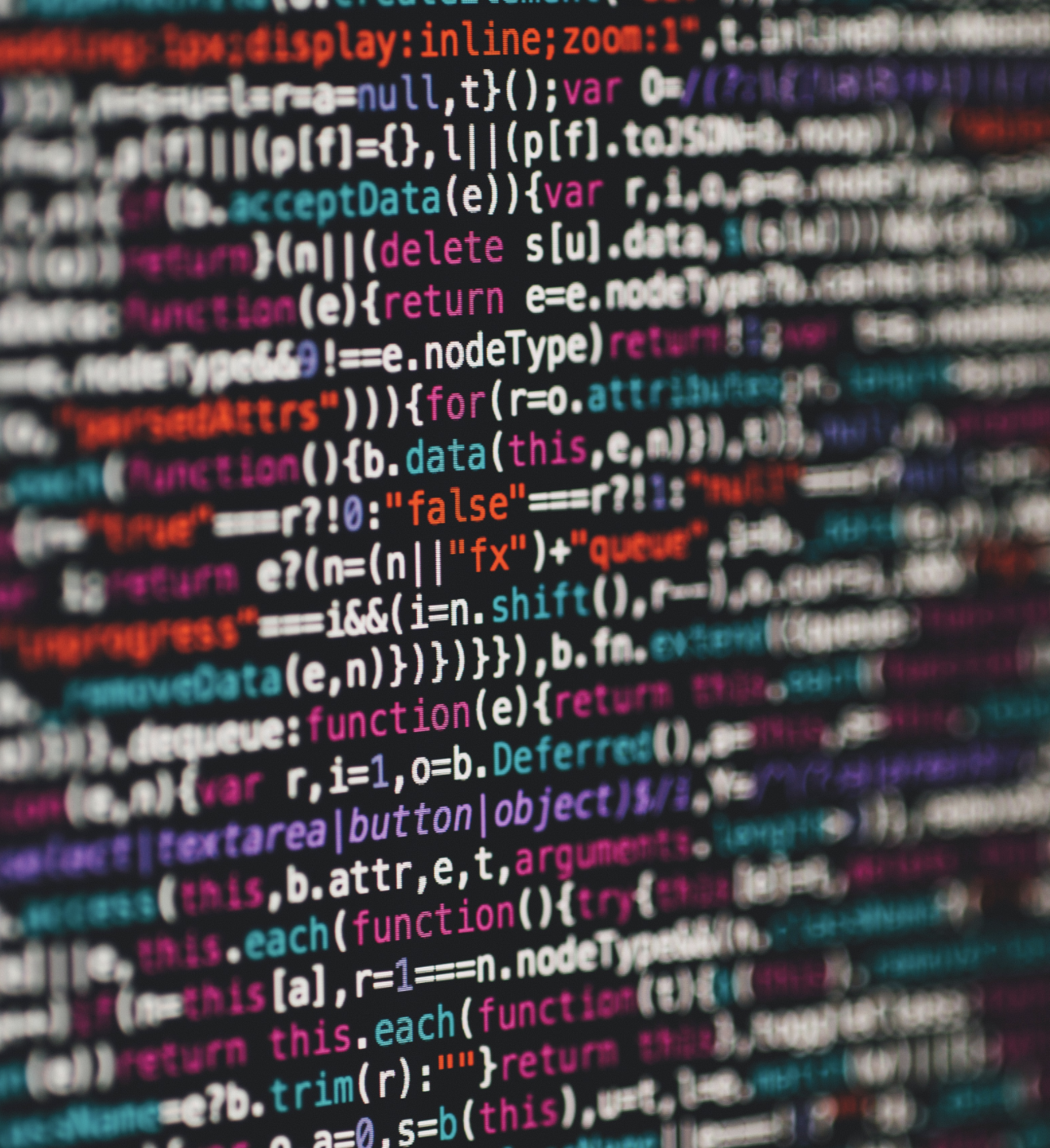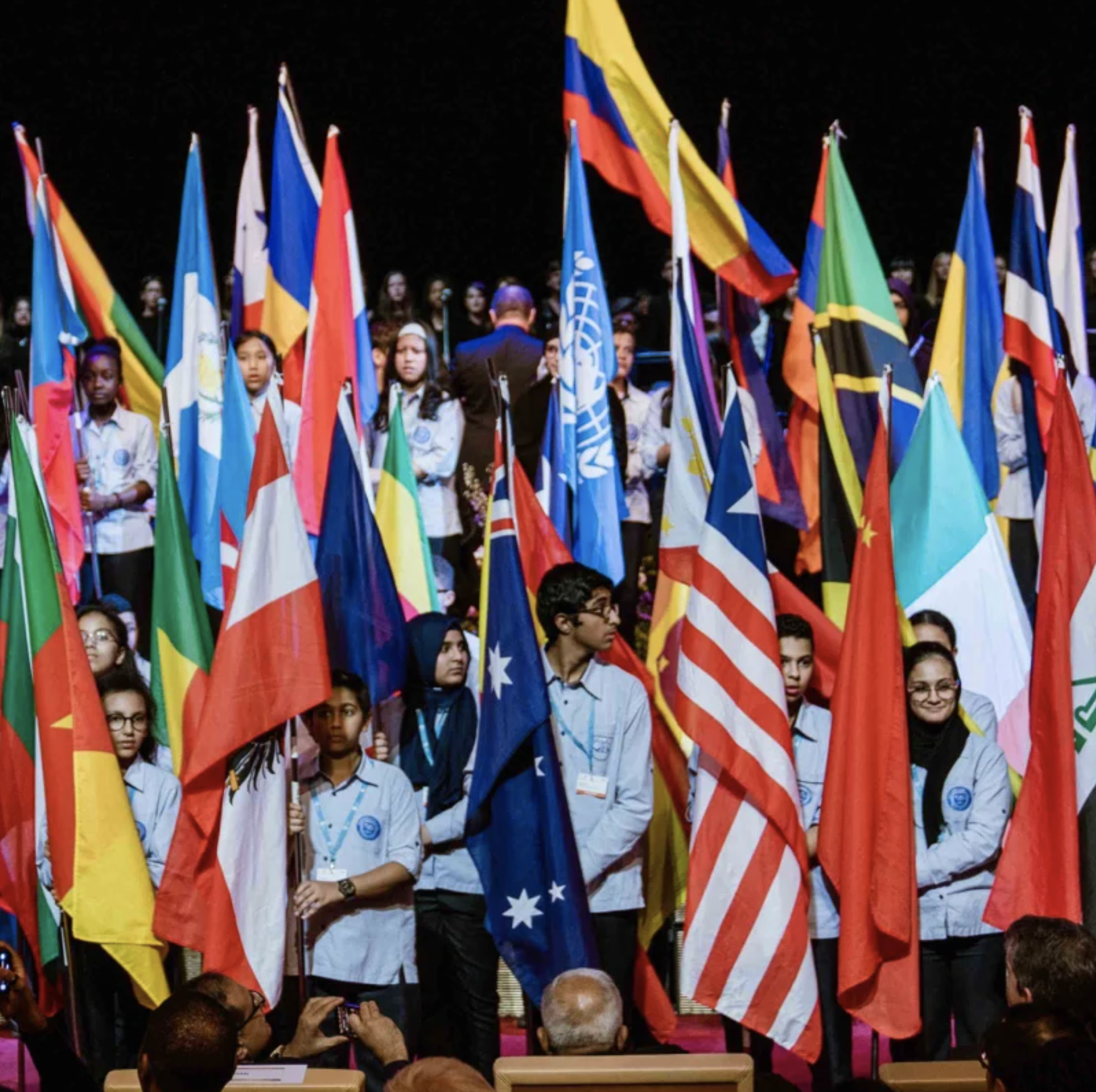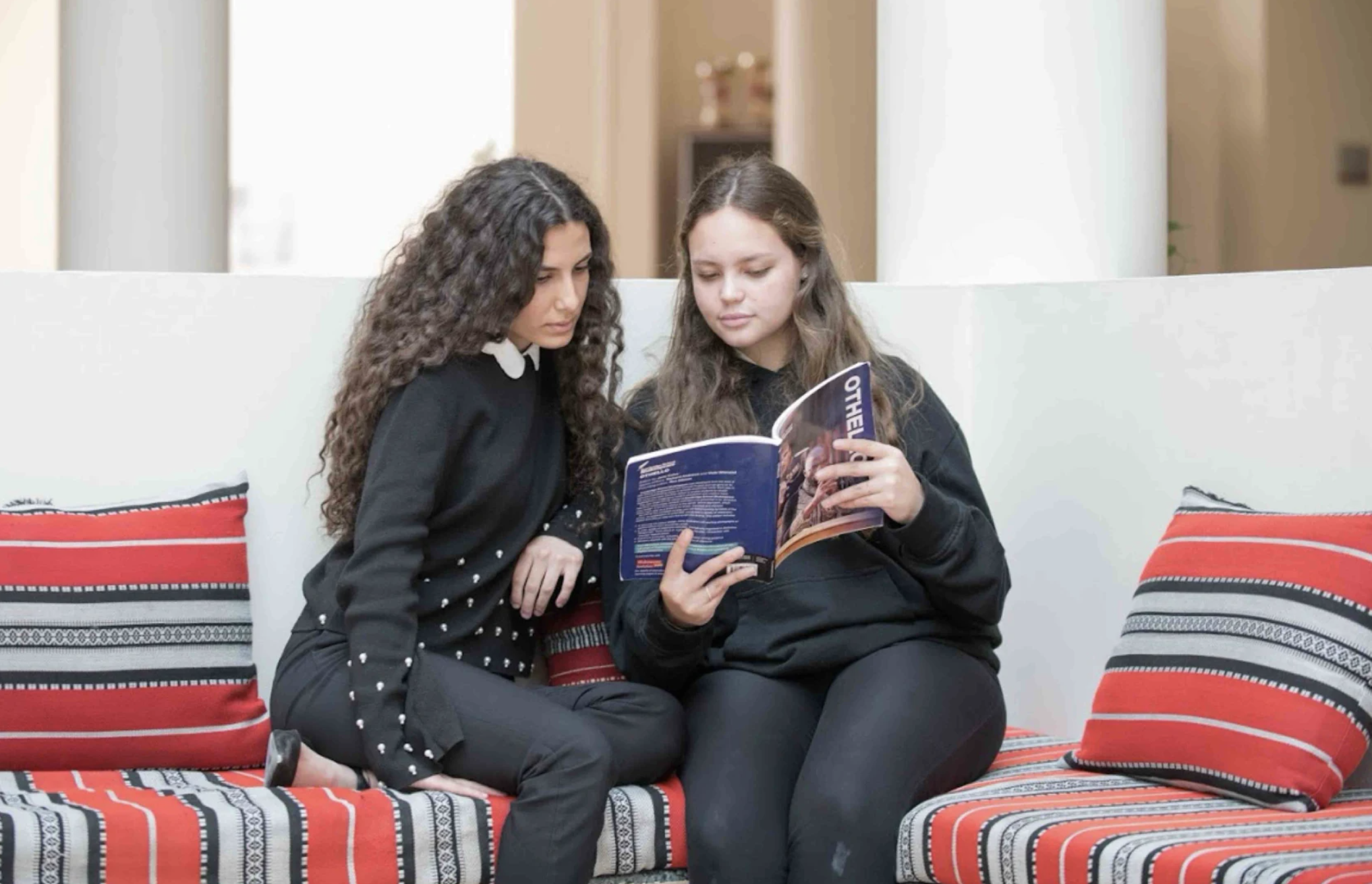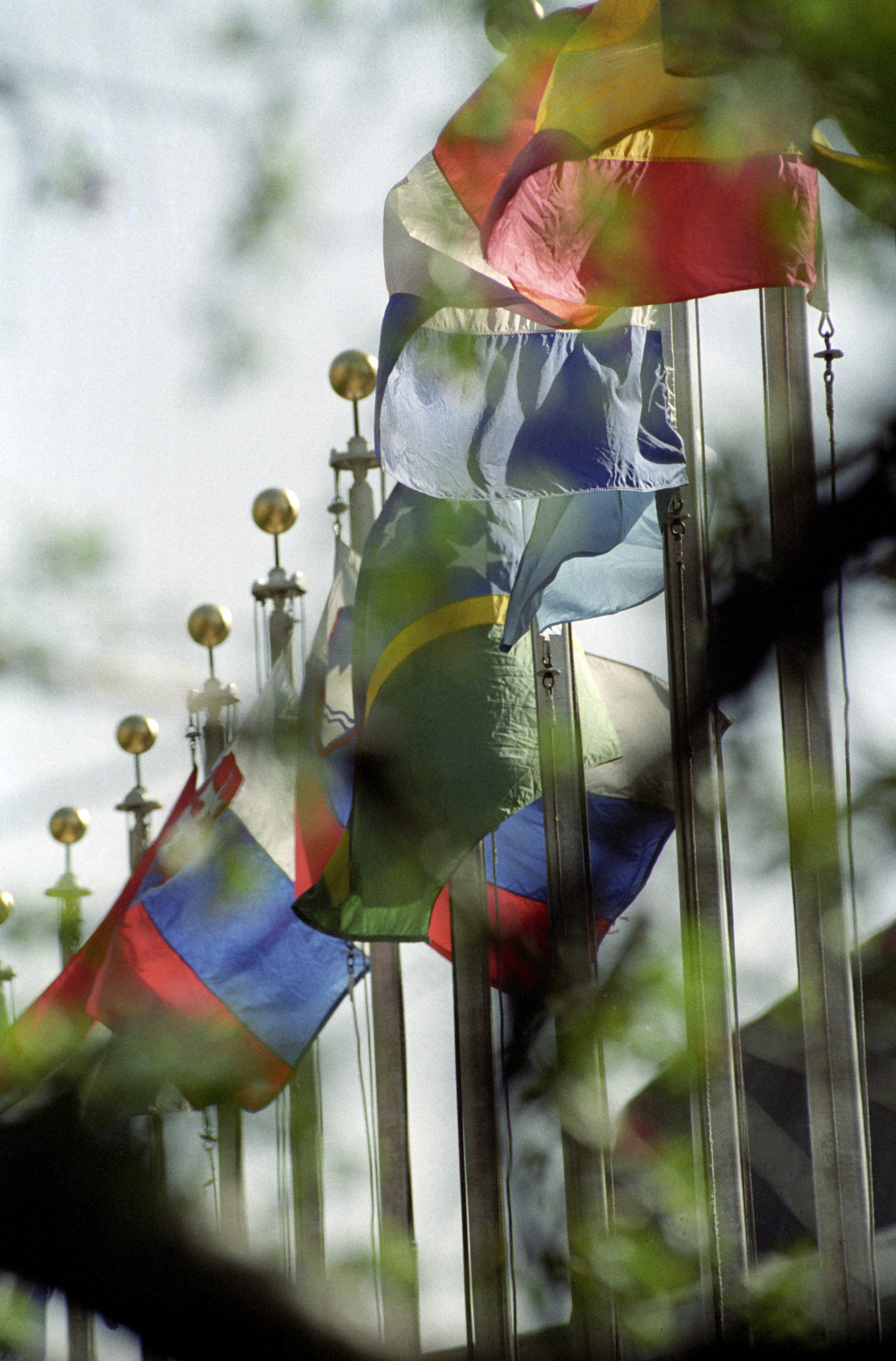As the largest youth generation in history, it’s time to step up. The 2030 Agenda clearly applies to all of the world’s 1.2 billion young people, who currently make up 16 per cent of the global population—and to the 1.3 billion young people who will call the world home by the year 2030.
During the 75th anniversary of the United Nations’ General Assembly, we are calling on youth around the world to action to acknowledge the work being done already for the Global Goals, and the work that is still left to be done. We are hosting the Youth SDG Summit to empower young leaders to continue their work toward the Global Goals. The Youth SDG Summit is invitation only.
The theme of day 1 of the Youth SDG Summit is For People.
The theme of day 2 is the Youth SDG Summit is For Planet.

A discussion on the importance of global cooperation to connect, respect and protect all people in the digital age – and the unique challenges and opportunities in using digital technologies in the humanitarian sector.
The event will cover how the humanitarian sector is already improving effectiveness and efficiency in a changing landscape through the use of new technology and innovation, such as drones, data analytics, AI, biometrics, blockchain and mobile money transfers. Then, participants will explore where more could or should be done, taking account of the unique risks and challenges associated with deploying new technologies in humanitarian contexts, such as data privacy and protection, and the spread of misinformation. Finally, there will be time to reflect on ways the community can work together to coordinate and scale up efforts more effectively, keeping a clear focus on the people they serve.
The event is co-hosted by the Office of the UN Secretary-General’s Special Advisor working on Digital Cooperation, the UN World Food Programme, and the UN Office for the Coordination of Humanitarian Affairs.
#digitalcooperation
#UNGA75
Organized by the Global Network Against Food Crises, founded by the World Food Programme and the Food and Agriculture Organization of the United Nations in 2016.
The Global Network’s key partners will hold a side event at the 75th session of the General Assembly of the United Nations to update the Member States and all concerned stakeholders on latest evidence on the situation in countries affected by food crises under the COVID-19 pandemic, and trigger a collective discussion on concrete actions Member States can take to address food crises in a coordinated manner.
The 2020 Global Report on Food Crises showed an already dire picture of global acute food insecurity and malnutrition – even before the COVID-19 disease’s spread began to impact food systems. Alongside the report, the Global Network’s partners carried out the campaign on “Food Crises and COVID-19” and delivered key messages on their commitment, the way forward and priority actions to address the worsening food crises, which are now being compounded by the COVID-19, the on-going locust plague and other risk factors, and to protect and strengthen food systems in the post-pandemic word.
QatarDebate is hosting a virtual debate on the efficacy and challenges to multilateralism, in the context of recent world events, such as a global pandemic. A group of talented university debaters will exchange arguments on whether multilateralism has been a success, or a failed experiment.
Join us as we find the inspiration for new ideas, solutions, and partnerships that will fuel our determination towards addressing the wide range of complex global problems facing humanity.

The pandemic has come with an imminent threat to global economies and hence, societal peace, a fertile ground for desperation and extremism. The role of education is perhaps more crucial than ever to keep such developments at bay. What needs to be done?
WISE’s (World Innovation Summit for Education) Special Edition E-Book, Education Disrupted, Education Reimagined: Thoughts and Responses from Education’s Frontline During the COVID-19 Pandemic and Beyond will be launched followed by a panel discussion, which will feature speakers from WISE, our partner in producing this book, Salzburg Global Seminar, and other e-book contributors.
A discussion on how to use artificial intelligence (AI) and bioinformatics to find candidate drugs for repurposing to meet the challenges of Covid-19. Identifying existing drugs currently on the market to treat a variety of conditions that could also be used to treat COVID-19 offers an opportunity to quickly meet an urgent need, since existing drugs have already completed extensive trials and are available in the market.
Quickly knowing which drugs could be effective in the fight against COVID-19, and what side effects could be expected, is vital, but the number of drugs on the market is vast. This discussion examines the role AI and bioinformatics can play in finding rapid solutions to a rapidly spreading healthcare crisis.

Sustainability is a key focus area for Qatar Foundation and we aim to develop and advocate best practices for environmental sustainability nationally. Aligned to this, our pre-university programs have several strategic initiatives for graduating students who are aware of the UN environmental global goals and can take action to progress towards these goals in the local community.
The discussion will focus on:
- How can K-12 students learn more about the connection of the Global Goals to the local context?
- How can we empower students and youth to take concrete action towards the Global Goals in their local communities?
COVID-19 is no longer just a health crisis. It has led to nationwide school closures in more than 100 countries, impacting over 860 million children and youth. The pandemic is also leading to global questioning and distrust in state institutions, specifically the educational ones, as never before has education been disrupted at this scale. This crisis should serve as a catalyst to support transformative changes in education and a greater shared sense of global responsibility.
To be held at the margins of the 75th Session of the United Nations General Assembly (UNGA), this panel will consider the community of nations’ collective response to the pandemic and its associated financial, economic, and social repercussions worldwide. With the goal of improved responses to future crises, especially by global and regional institutions, it will seek answers to difficult questions, such as:
- Is the ongoing pandemic an opportunity to rethink and revitalize our global education model?
- Rigid curriculum and exams are all a byproduct of convenience and the scaling of education. With the pandemic, education has become more flexible and more inconvenient at the same time. Are leaders in education ready to embrace this change?
- How can COVID-19 trigger a more effective and meaningful mindset shift in the way we approach education in our communities?
- How can we regain the trust and decrease the gap of expectations between communities and educational institutions?

Join us as we explore how technology is powering collective action and accelerating the pace of change for some of Sustainability’s fiercest warriors: from practitioners to innovators, to social impact investors. The event will be introduced by the UN Deputy Secretary-General and will feature Gabriella Hearst, Professor Jeffrey Sachs, and other notable speakers.
Across September 16 – 18, three different events will focus on the themes Farther, Faster, Together respectively.

Project Everyone is organising a week-long edit-a-thon where volunteers from around the world will come together to create new Wikipedia articles for the Global Goals and improve existing pages. The aim of this is to create a buzz around the Goals, mobilise a global community and democratise knowledge.
Recognizing that substantial gaps remain in achieving SDG 3 on health and well-being for all and SDG 5 on gender equality and sexual and reproductive health and rights around the world, this interactive multi-stakeholder dialogue will elevate meaningful commitments to women’s health and empowerment as well as transparency related to gender equality and women’s empowerment by the business community. Getting back on track for the SDGs begins with ensuring the invisible are made visible and not left behind in the call for a true ‘Decade of Action’ on the SDGs.
The event will focus on issues essential to addressing women’s economic inclusion that are relevant to companies and their value chains in the global north and south. The objective is to provide evidence-based assessments on corporate gender impacts and how the business community can best respond, especially amidst the COVID-19 pandemic, which is having a disproportionate impact on women and girls and deepening inequalities.
Speakers:
– Moderator: Seema Jalan, Executive Director, Universal Access Project of the United Nations Foundation
– Shamistha Selvaratnam, Interim Gender Benchmark Lead, World Benchmarking Alliance
– David Wofford, Interim Director, Private Sector Action on Women’s Health and Empowerment, Universal Access Project of the United Nations Foundation
– Lavanya Garg, Good Business Lab
– Perpetua Waithera, NOPE Kenya
– 5 corporate commitment makers on women’s health and empowerment

We need accurate data to help us understand the state of our world, know how much progress we need to make and see the impacts of COVID-19.
For 25 September, the five year anniversary of the Global Goals, Project Everyone is organising the Global Goals Day of Factivism. On this day, we will share ten up to date facts about the state of our world right now and inspire people to take action from supporting campaigns to changing their habits.
Heifer Uganda Country Director William Matovu will join Heifer International President and CEO Pierre Ferrari for a discussion on the coronavirus pandemic’s impact on smallholder farmer livelihoods in Uganda.
Uganda has experienced supply chain disruptions and introduced movement restrictions across the country to limit the spread of the virus. This has severely impacted demand for farm products and the incomes of smallholder farmers in the country, leading to rampant food insecurity. William will discuss how Heifer Uganda has responded to this need, as well as the support smallholder farmers will need to build and maintain sustainable farm businesses post COVID-19.
UN Member States agreed in June 2019 that the UN will mark its 75th anniversary with a one-day, high-level meeting of the UN General Assembly on Monday, 21 September 2020 on the theme, ‘The Future We Want, the UN We Need: Reaffirming our Collective Commitment to Multilateralism’. They also planned to convene a Youth Plenary related to the 75th anniversary, and to hold observance ceremonies to commemorate the signing of the UN Charter on 26 June 2020 and UN Day on 24 October 2020.
The declaration that will be adopted at the high-level meeting on 21 September was agreed in July 2020.
Due to the COVID-19 pandemic, this event will take place primarily in a virtual format, with pre-recorded statements by heads of state and government.

“Nations United: Urgent Solutions for Urgent Times” sets out what must be done to tackle the world’s biggest issues, from COVID to poverty, inequality, gender discrimination, climate change, justice and human rights. It is the first film of its kind to be broadcast globally and is premiering on the United Nations YouTube channel.
This film is produced by 72 Films and writer, director and UN Sustainable Development Goals Advocate Richard Curtis. The broadcast of this film will also mark the UN’s 75th anniversary, as well as the 5th anniversary of the Sustainable Development Goals.
In partnership with Goal 17 Partners, the Guggenheim Sustainability Quotient will explore key insights from their research while presenting a path forward to deploy trillions of dollars in assets held by institutional investors to fund sustainable infrastructure projects around the world.
The Guggenheim Sustainability Quotient is a research-driven framework for transitioning sustainable infrastructure into an institutional asset class, developed in partnership with the world’s foremost academic institutions (Stanford University, Tufts’ Fletcher School), research and advocacy organizations (WWF, GIB), and infrastructure practitioners (CCR, KPMG, Mott MacDonald) to enable institutional investors to commit the capital needed to meet global infrastructure needs. Guggenheim and its partners have performed extensive research on best practices to foster the acceleration of sustainable infrastructure and do so in a way that addresses many of the social, economic, and environmental issues that are growing more acute in the wake of the COVID-19 pandemic.
Ghana is one of many countries where a vibrant ecosystem of waste pickers is critical to keeping the country clean, but where the system operates “below the radar,” limiting pickers’ capacity to connect to potential buyers and recyclers. As part of the World Economic Forum’s Global Plastic Action Partnership (GPAP), an innovative pilot project is bringing together the Government of Ghana, SAP and other GPAP partners to leverage IT to create transparency in the value chain, ensure pickers earn fairer wages, and ensure that companies and consumers know when they are accessing premium “social plastics” to better protect communities and the environment. This session will focus on how to initiate and implement innovative solutions in local communities and foster discussions on what corporate, government and NGO partnerships need to do to have true global impact.
As the world is fighting the COVID-19 pandemic, we see heightened global insecurity and anxiety. International cooperation is under severe strain due to heightened geopolitical tensions and rivalry. The rules-based order upon which the UN Charter was conceived is being challenged. Our UN, and the multilateral system more broadly, needs to answer to the real anxieties of people with practical responses.
To solve the global challenges of our times – from COVID-19 to climate change, raging conflicts and unchecked technological advances – we need more inclusive international cooperation rather than a regression to narrow nationalism. The SDGs are our common road map for the future we want. To realize the 17 SDGs we need stronger partnerships and deeper involvement from civil society, the private sector, trade unions, local governments and other relevant stakeholders. This message emerged loud and clear from the UN75 global consultation.
Through a multi-stakeholder discussion with the private sector, academia, the UN, youth and civil society, speakers will explore ideas and thoughts on how these stakeholders can participate in and reshape the multilateral system to deliver better on the SDGs.
Public, private and civic sector organizations have made global commitments to address systemic social and economic inequality, but the work must be done collaboratively in order to reach SDG17 targets. How can partners across sectors — by empowering all voices — leverage their unique expertise and resources to create tangible paths toward justice?






